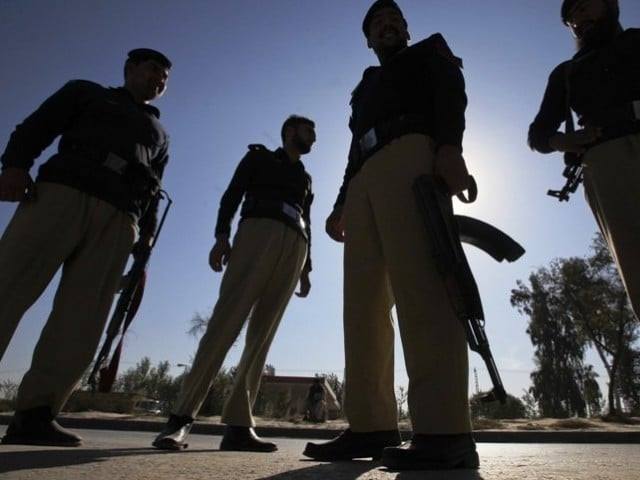
Nearly 4,500 suspects arrested in high-profile cases are back on the streets of Karachi but the police department is planning to send them behind the bars again.
The police department has decided to file review appeals to cancel the bails of all such accused, who were involved in high-profile or terrorism cases.
SC displeased by police habit of declaring cases ‘A-class’
On Wednesday, a meeting was held at the Central Police Office under the chairmanship of Sindh IG Ghulam Hyder Jamali, which was also attended by Karachi AIG Mushtaq Ahmad Mahar, zonal police chiefs and Sindh operations AIG, to review in detail the investigation progress of cases being tried in various courts and analyse the conviction rate.
"The police department has decided to file review appeals for cancellation of bails in respect of all such accused, presently on bail, who were involved in high-profile or terrorism cases," said the Sindh police spokesperson in a press statement issued on Wednesday.
"The Sindh IG directed to bring reforms in the investigation process by ensuring modern investigation techniques during the course of investigation," said the statement. The Sindh IG also went through different recommendations to ensure a comprehensive Policing Plan-2016.
Success rate
The Karachi police have arrested more than 70,000 suspects during the Karachi operation that began on September 5, 2013. In 2015 alone, the Karachi police arrested 12,235 suspects, including 453 terrorists belonging to alQaeda, Tehreek-e-Taliban Pakistan (TTP) and other terrorist groups, 95 target killers and 11,687 criminals or dacoits. Apart from these, the police killed 753 suspects, including 194 militants of different banned outfits, 201 target killers and 358 others. Despite the high rates of arrests, very few criminals face justice due to poor prosecution.
Apologies rejected: SHC decides to indict police IG, 15 others in contempt case

For instance, Azizullah Shamzai, the operation chief of a splinter group of the TTP in Karachi, who was arrested at the beginning of the Karachi operation by Pirabad police, was later released on bail as the police could not provide sufficient evidence to prove him guilty. Since then, he has been involved in various cases of terrorism, particularly the deadly bombing on the anti-terrorism police officer inspector Shafiq Tanoli.
According to a copy available with The Express Tribune, a total 17,500 suspects, who were arrested during the Karachi operation, were challaned by the police in high-profile or terrorism cases. However, while 13,000 remained imprisoned in jails, 4,500 were bailed out. As many as 120 murderers, eight target killers, four involved in terrorism cases, 23 in explosive act's cases, three in kidnapping cases, 43 in extortion-related cases are among these 4,500 suspects who were released on bails.
"There are a number of criminals who re-joined the criminal world and commit crimes or terrorism after getting bails and the time has come to stop them," explained a senior police official privy to the matter.
Court proceedings: Juvenile granted bail in theft case
The officer said that though the criminals get bails easily while taking advantage of lack of evidence provided by the police investigators, but by filing review appeals, the police could at least send them behind the bars, which automatically declines the crime ratio.
Improving performance
According to the Sindh Police spokesperson, Jamali also evaluated, separately, measures being adopted to counter sectarian violence and killings. He directed to revive peace committees comprising religious leaders of all sects and have regular meetings to address possible issues in a timely manner, if any.
Published in The Express Tribune, January 7th, 2016.
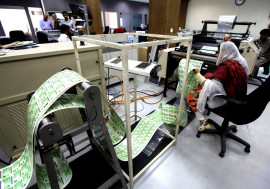


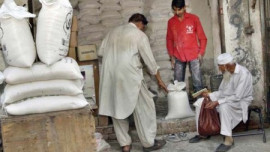

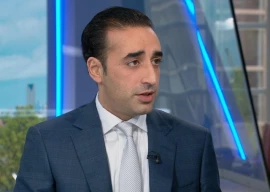


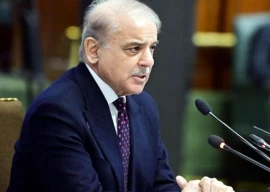









COMMENTS
Comments are moderated and generally will be posted if they are on-topic and not abusive.
For more information, please see our Comments FAQ